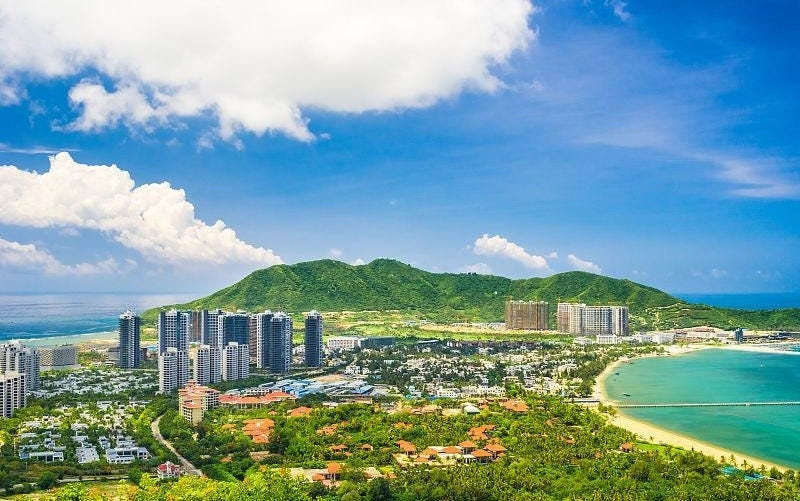China Circles Wagons on Sanctions over HK Security Law
Grandiose plans include shifting financial operations to island province

Beijing is seeking to preempt the effect of retaliatory measures that the United States and western allies are bringing for the draconian national security law being forced onto Hong Kong including a bizarre and probably unworkable plan to develop the island of Hainan (above) as an entirely new financial center as a backup for the beleaguered territory.
Keep reading with a 7-day free trial
Subscribe to Asia Sentinel to keep reading this post and get 7 days of free access to the full post archives.
